Postpartum Depression Meaning, Symptoms, Strong Support and Causes for Indian Parents.
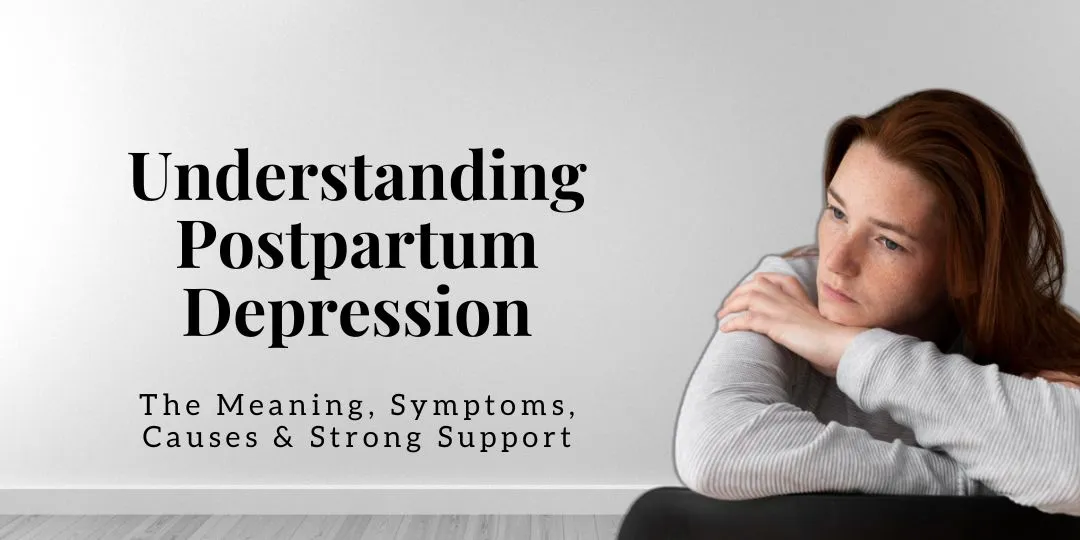
Postpartum depression, commonly termed PPD, is experienced by mothers post-childbirth. It is a disorder, a mood disorder that affects some women after giving birth to their little one. According to the WHO, as much as 13% of the world’s female population experiences postnatal depression, and the number is even higher in developing nations, which is 20%.
In view of India, according to the various studies between 2011 and 2015, it was found that 22% of Indian mothers go through postpartum depression, with mothers in the southern part of India experiencing it the most. This hampers the journey of motherhood, and a baby may lack the care, attention, and love of the mother, resulting in affected growth and development.
Such depression is more than feeling low, a little tired, overwhelmed at times, or typically fading away baby blues. It is a serious and real concern when a mother experiences a constant feeling of fatigue, anxiety, and sadness and finds it difficult to bond with the baby even after trying her best mentally.
However, it is important for you to know that you are not at all alone during such times, and this feeling and experience of postpartum depression is effectively treatable with the support of a doctor, a therapist, family, and friends. Seeking support does not make you weak, it shows how brave you are to enjoy your journey into motherhood.
What is Postpartum Depression?
Foremost, it is important for you to know that postpartum depression is not the same for every mother. It does feel and appear different for different women and is multifaceted. For example, it is said that as a mother, you need to be happy because you have given birth to another life, and yes, becoming a mother is a joy in itself. However, this life-changing experience can be a little difficult for a few moms. As a new mother, you can’t always be happy, strong, and not sad due to the pressure of others.
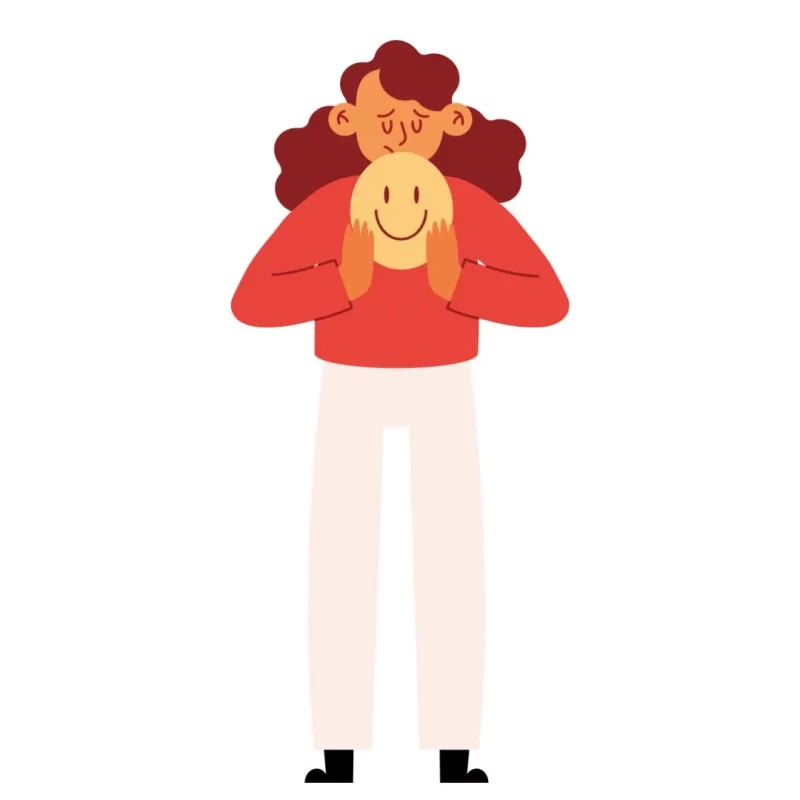
Postpartum depression (PPD) tends to remain longer in the motherhood journey, which grievously affects the mother’s ability to function properly. The postpartum depression definition may be presented in different ways but postnatal depression is felt by a mother after giving birth to a baby. It is a mental health illness and any given time it does not mean that you as a mother does adore your baby. A mother experiences a roller coaster of experiences, emotionally, physically, physcologically, behaviorally, socially, and chemically inside the body, and the overwhelm of all these combined leads to postpartum depression.
The symptoms of postnatal depression may arise within weeks or months whereas some women start experiencing it during the pregnancy.
PPD does not only affect the birthing mother but also hampers the well-being of an infant and can also have an impact on the partner and the family. However, what you, as a mother, may be experiencing, others may not. This maternal mental health disorder is completely remediable.
Postpartum Depression Symptoms
The feeling of fatigue, emptiness, moody is common to new moms and is known as baby blues. This feeling of baby blues fade away within a week or within 2 weeks. However, the neverending feeling of anxiety, tiredness, uneasiness, unhappiness, rejection, frequent mood swings and continuous sobbing is a serious condition and these prolonged feelings then are the symptoms of post-childbirth depression.
Because of these baby blues sometimes it becomes difficult to figure out the PPD. It can vary from mother to mother and make you feel detached from your infant affecting your quality of life. Though you should not be in any guilt because these feelings are not to be condemned but treated with a proper post partum care.
The common postpartum depression symptoms are :
- Difficulty in building a bond with your newborn even after doing your your best.
- Your anxiety levels do not comes under control.
- You find yourself of little to no value, worthless.
- You are occupied with a feeling of sadness all the time.
- You stopped enjoying the hobbies and activities which made you happy.
- Your self-esteem declines.
- Finding it difficult to sleep even after the fatigueness or baby is asleep.
- Feeling of anger and irritability.
- Mood swings are much more frequent.
- Change in eating habits and appetite.
- Not liking the presence of family and friends.
- And the thoughts of doing something that may hurt you seriously.
During such feelings, it is always better to ask for the support to overcome postpartum mental health illness and seek for a proper postpartum depression treatment.
Causes of PPD
As such, there is no single thing that can cause postpartum depression, or we can say that there have to be more studies in the field to determine what causes postpartum depression in women. And it is no fault of yours that you are suffering from PPD. It may be caused by various reasons and may differ from woman to woman. Hormonal changes, stress, pressure, low self-esteem, continuous anxiety, physical changes to the body, etc. combined may lead to postnatal depression.
The most likely causes of postpartum depression are:
- The hierarchy of mood disorders in the family.
- A child who is born requires special care or has medical conditions.
- Having premenstrual dysphoric disorder.
- Living in solitude with no social interaction.
- Conflict in marriage life.
- Not able to focus properly.
- Unmotivated and exhausted most of the time post childbirth.
- Lack of postpartum care.
- Suffering from body aches, headaches, stomach aches etc.
There can be many more reasons that may affect the postpartum mental health of a mother.
Postpartum Blues (Baby Blues) vs Postpartum Depression
Having postpartum blues, or baby blues, is a common phenomenon that most new mothers like you face right after giving birth to a little one. The postpartum blues symptoms can be similar to the symptoms of postnatal depression. However, the postpartum blues duration is 1 to 2 weeks. The causes of baby blues can be anxiety, restlessness, fatigue, insomnia, etc.
The difference with postpartum depression is that a mom feels baby blues immediately after giving birth to the child due to the sudden change in hormonal levels. It does fade away within a week or two weeks. Baby blues generally don’t require any medical support and are pretty normal. However, if the symptoms persist for a longer duration and a mother still feels unwell emotionally, then this may lead to postpartum depression, which is a severe condition and requires medical attention.
Postpartum Depression in Men
Yes, men too can have postpartum depression. While the primary focus is on moms, the mental health of a dad is often neglected. Men who are becoming fathers for the first time are more vulnerable. Moreover, the symptoms may appear like day-to-day stress.

The changes in hormones, including testosterone, oestrogen, etc after the birth of the baby, sleepless nights while supporting the partner, shift in relationship dynamics, new responsibilities, financial worries and if a partner is already struggling with emotional and psychological difficulties then it may cause postnatal depression among men too.
Some of the symptoms among men are :
- Lack of decision making.
- Staying away from social life.
- Frequent bursts of anger and irritability.
- Getting violent.
- Use of health injurious drinks and substances.
All this combined will eventually lead to conflicts in the relationship with the mother of the child and a delay in the emotional, social, and behavioral development of the child. Therefore, postpartum care is as important for dads as it is for mom.
Postpartum Depression Treatment Options
As soon as you feel you are not up to the best of your maternal mental health, always seek support and reach out to healthcare professionals for treatment. The sooner you start, the better you’ll feel. It is important to note here that, just as different women experience different symptoms of postpartum depression, the treatment for each individual mother will be different.

The treatment for postpartum depression may include medication for anti-anxiety and antidepressants, psychotherapy counselling, cognitive behavioural therapy, and participation in support group talks. Now, if you are breastfeeding, you can take medication, but it has to be supervised by your doctor and should have the fewest side effects.
Since being depressed is never a nice feeling to have, you need to focus on self-care, and if required, you should seek the help of family and friends. You can have gentle exercises, meditation, yoga, a healthy balanced postpartum diet, etc., which may also support your journey of recovery.
Support for Postpartum Depression
Since PPD (postpartum depression) is treatable, the duration of the results may vary depending on the severity of the symptoms. The importance of family and friends comes to light. It is always good to speak about your feelings, and who can be better than family and friends to speak with? Family can help you with childcare, giving you ample time for yourself to do something for yourself. Read, do gentle exercises, draw, paint, write, celebrate small achievements, etc., whatever makes you feel good. In this way, you can let out your inner emotions and feel a little better.
Conclusion :
One of the best things that can be done to prevent or avoid postpartum depression is to take care of yourself. Not just after the birth but as soon as you are into the pregnancy trimesters. Having a healthy pregnancy diet, healthy pregnancy snacks, regular gentle exercise, yoga, meditation, etc. will all help in overcoming postpartum depression. Keeping in touch with friends and family, speaking about your feelings and emotions, taking a proper healthy postpartum diet, etc. after childbirth will play a role in avoiding postpartum depression.
Yes, it is true that parenting and motherhood are challenging and require a lot of effort, but do not hide the symptoms behind them. Taking proper treatment is essential because it is a serious maternal mental health condition that has to be treated timely, or else it may even get worse. This will even hamper the growth and development of your little one. If you have had any of the symptoms of depression for more than 2 weeks, then you have to seek help from healthcare providers to get better, and seeking help does not make you weak by any means.
Remember, you are doing it for yourself so that you can have the best of the motherhood journey.
FAQ’s :
Q1. How long does postpartum depression (PPD) last?
A. Postpartum depression may appear after 2 weeks or even after a month. However, there is no fix duration how long it will last.
Q2. Can men experience postpartum depression too?
A. Yes, as a parent, fathers too can experience postpartum depression due to many reasons like, change in lifestyle, hormonal changes, worries of the partner and child, financial worries etc.
Q3. Is postpartum depression treatable?
A. Absolutely, postpartum depression is treatable on taking proper medical attention from healthcare providers, from various support groups, psychological therapy etc.
Q4. Is postpartum blues and postpartum depression same?
A. Postpartum blues may have same symptoms as postpartum depression but postpartum blues start immediately after-childbirth and fades away within a week or two, whereas, extended postpartum blues may lead to postpartum depression which is a much more severe health condition.
References :
- https://www.who.int/teams/mental-health-and-substance-use/promotion-prevention/maternal-mental-health#:~:text=Worldwide%20about%2010%25%20of%20pregnant,and%2019.8%25%20after%20child%20birth
- https://www.nih.gov/news-events/nih-research-matters/postpartum-depression-may-last-years
- https://www.babycenter.com/baby/postpartum-health/postpartum-depression-ppd_227

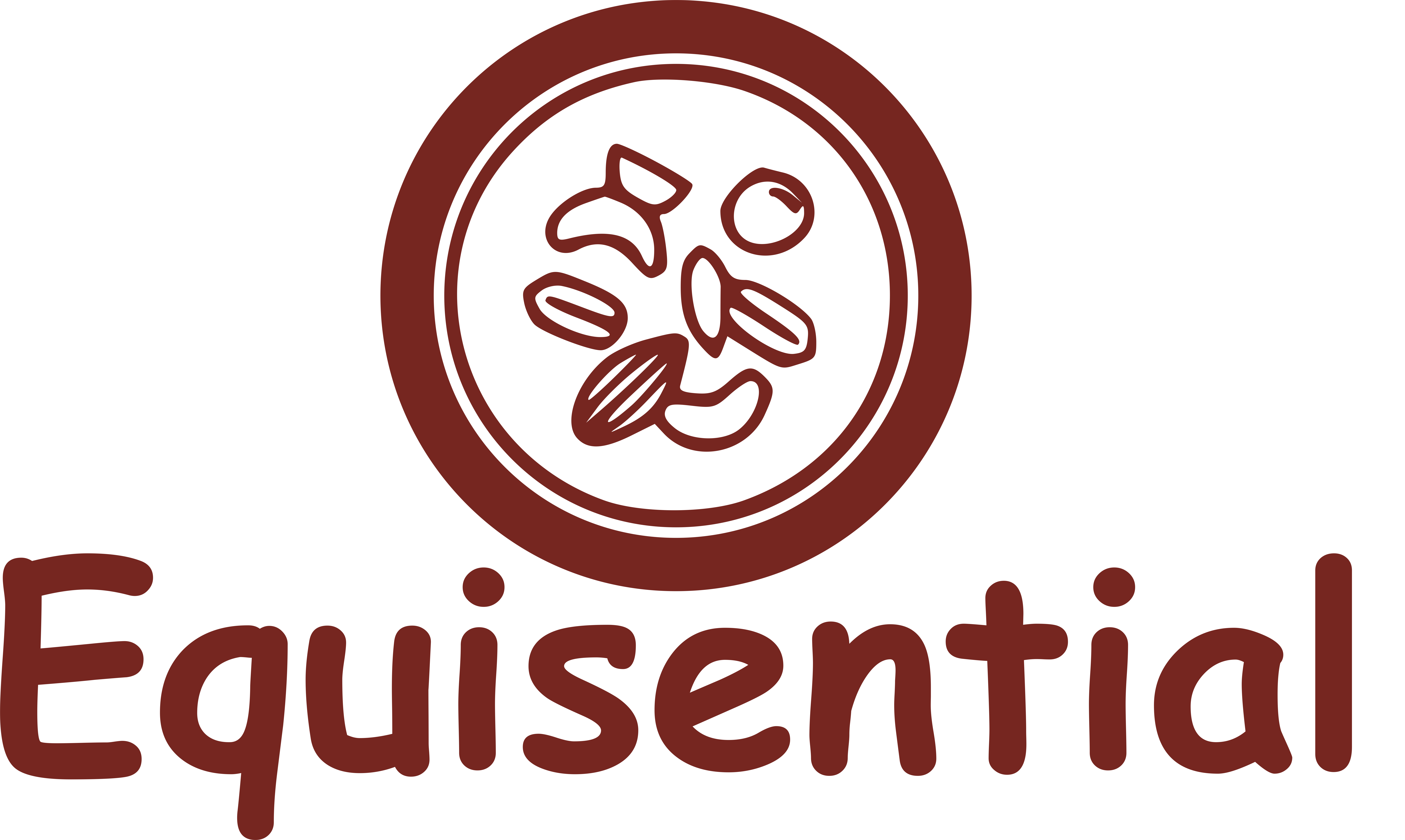
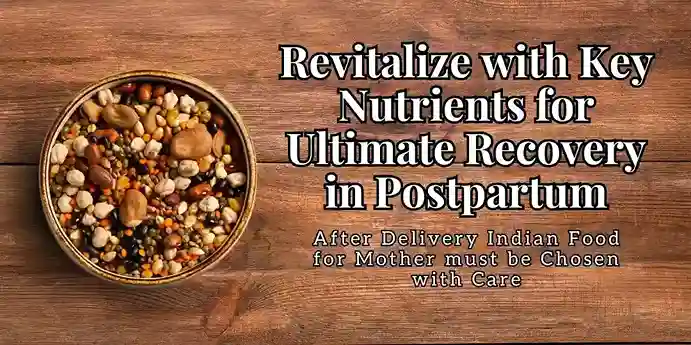
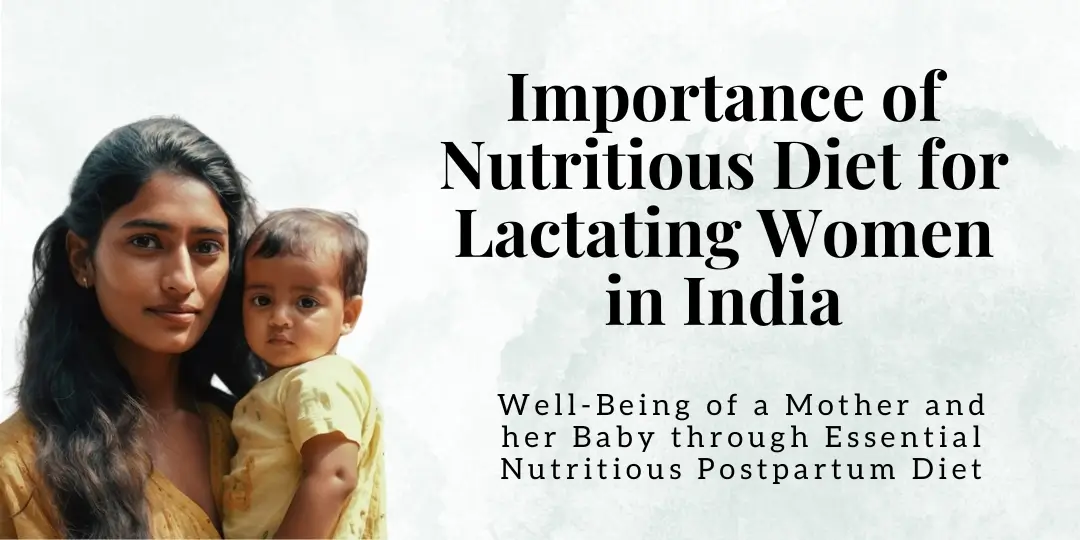
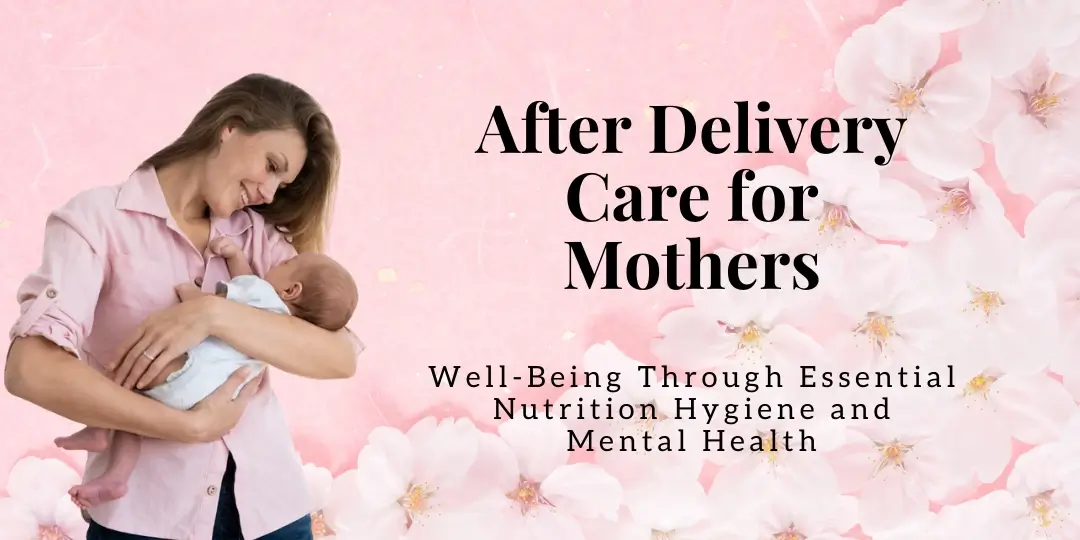
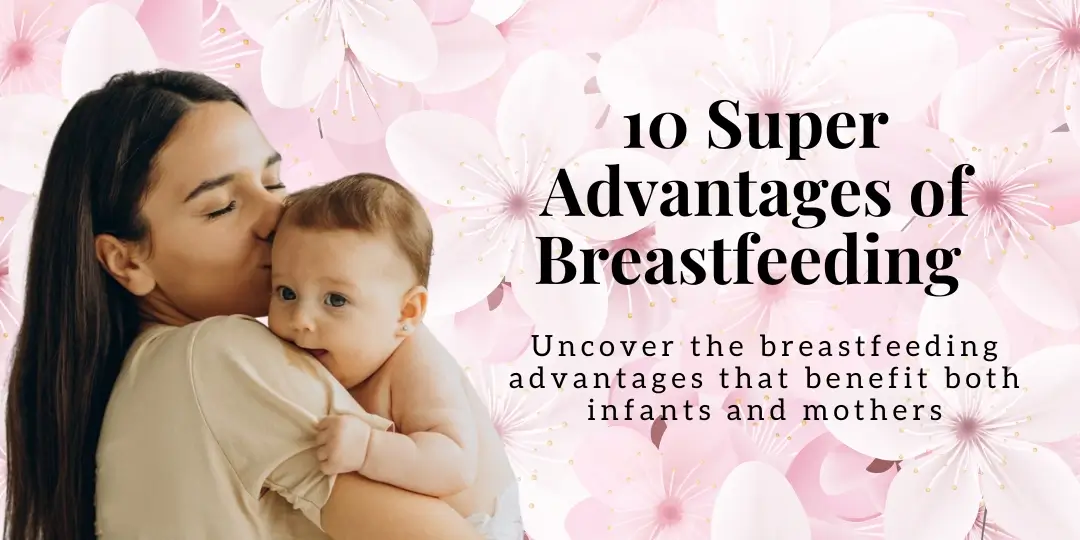
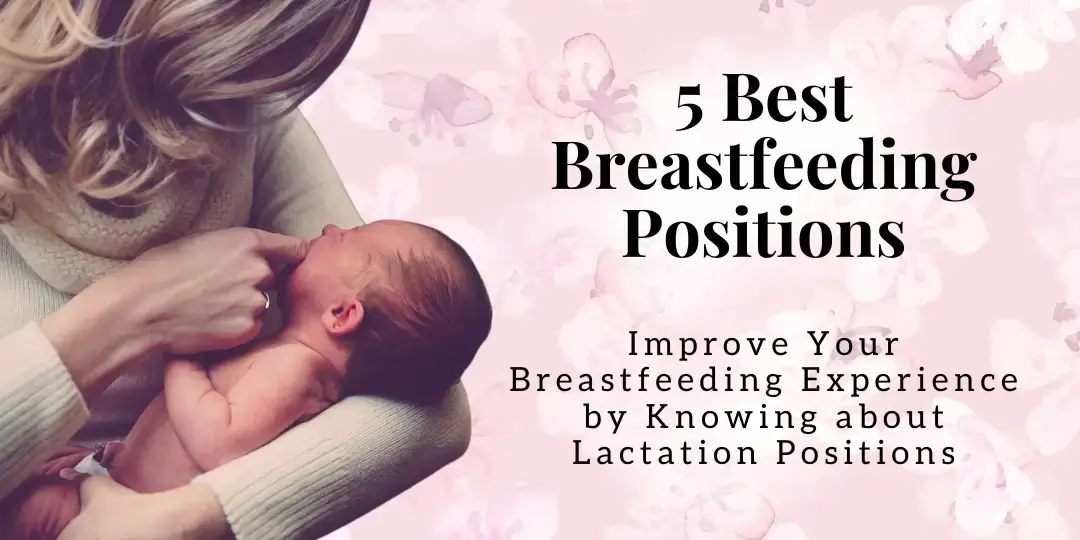
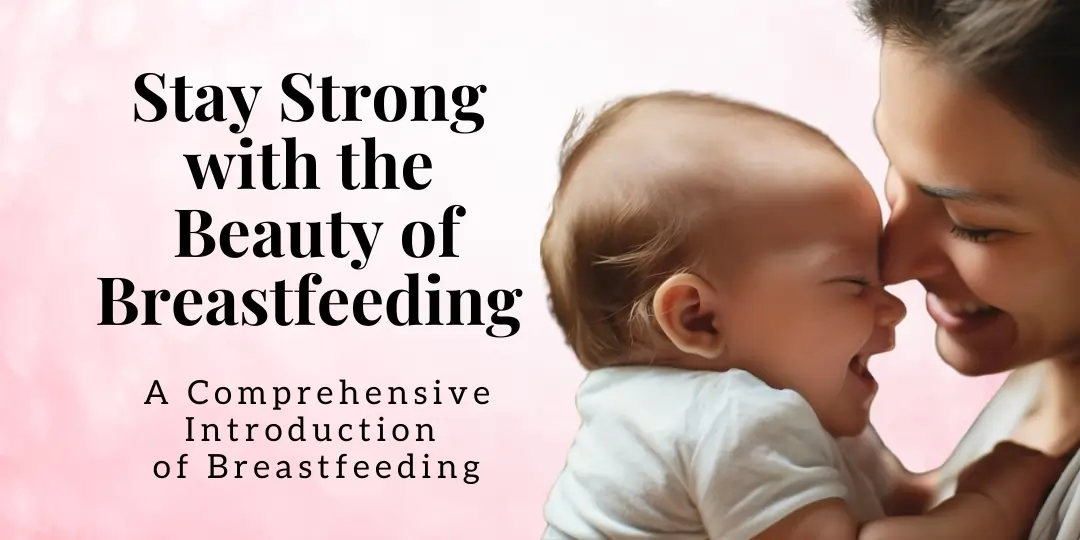
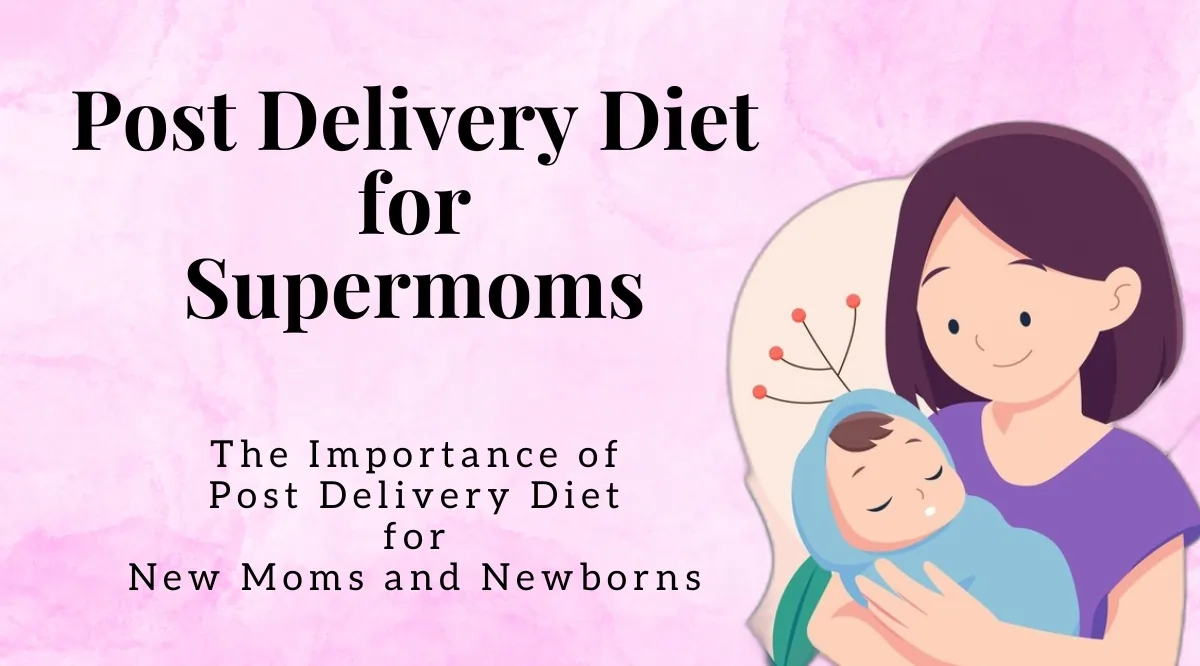
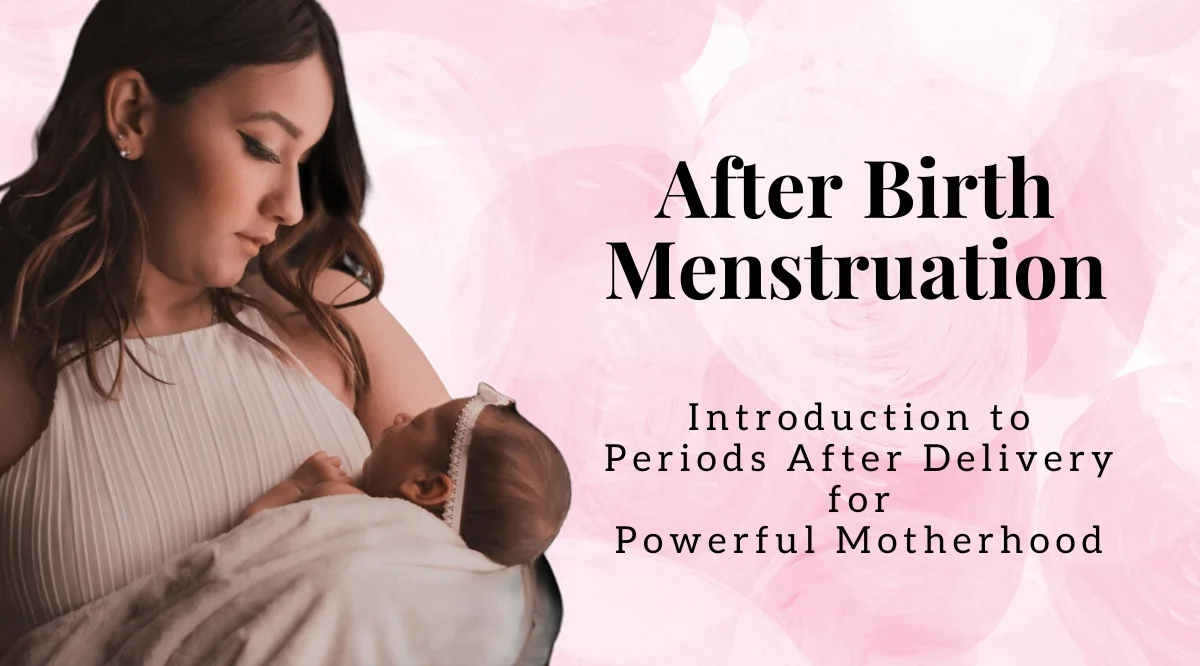
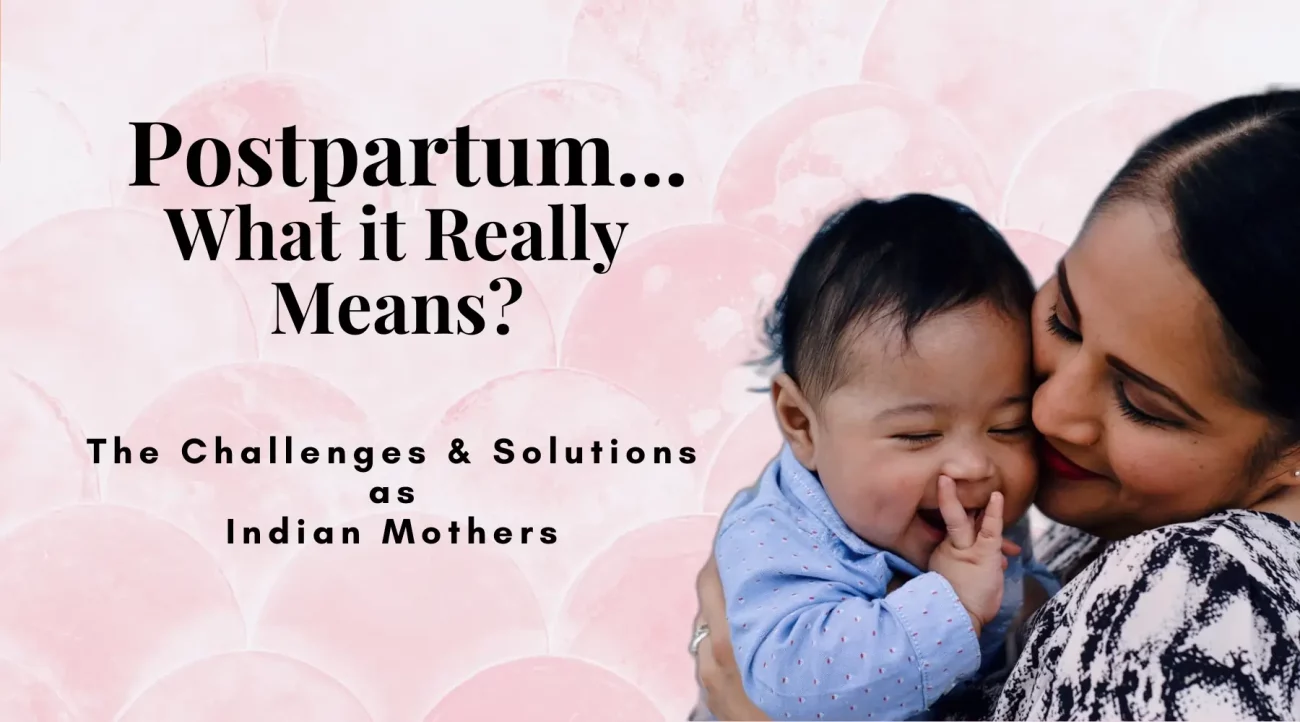
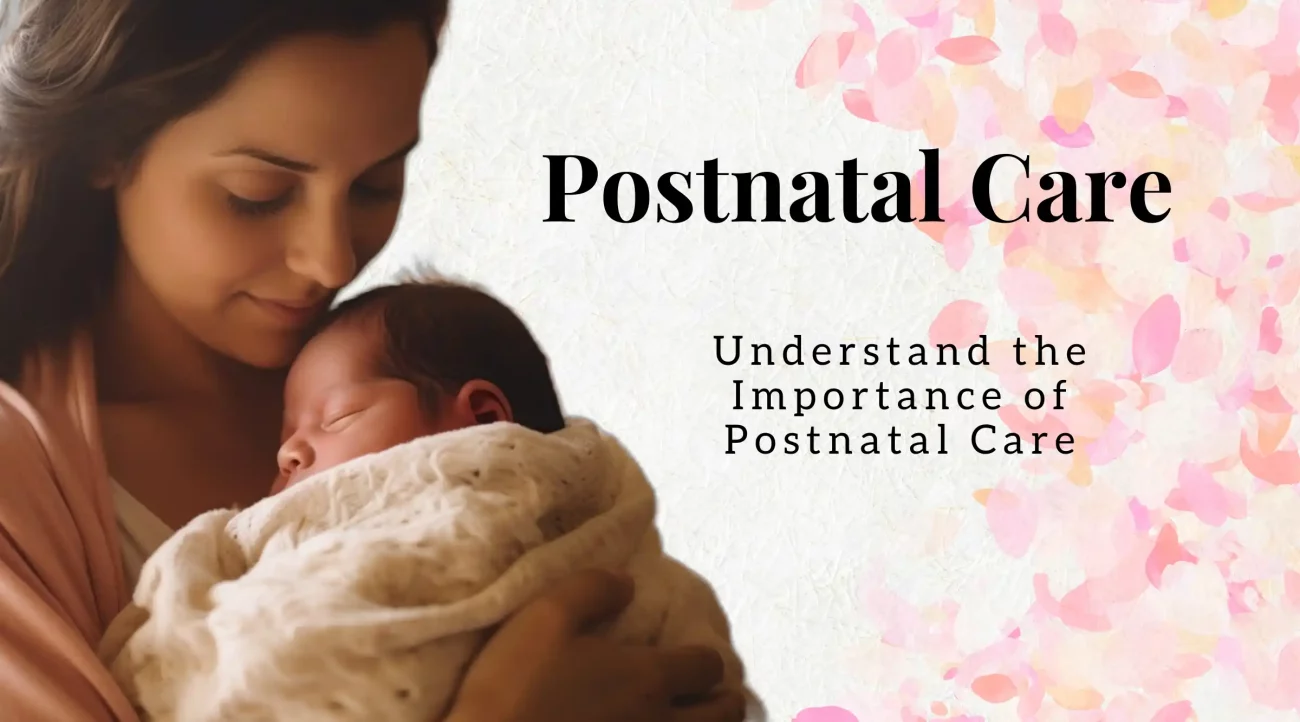



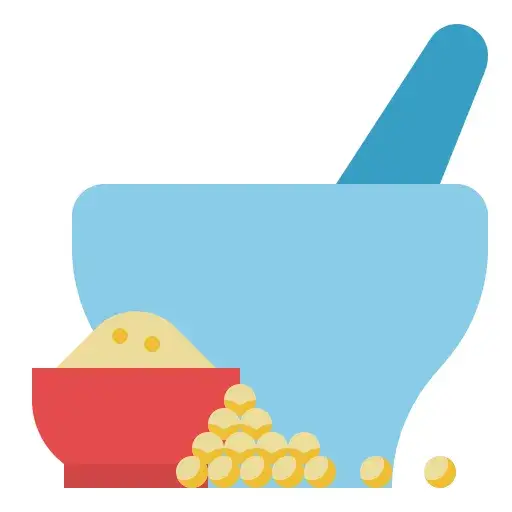
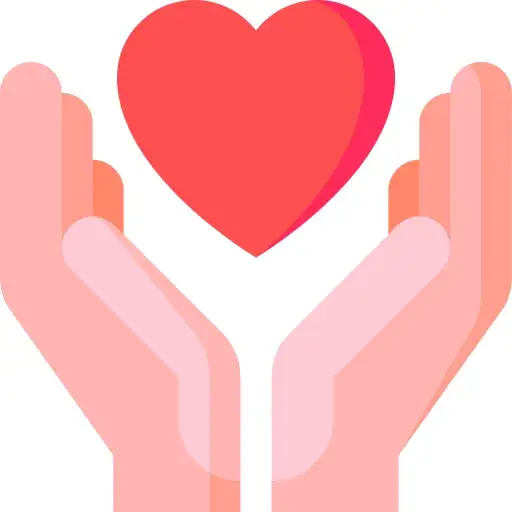






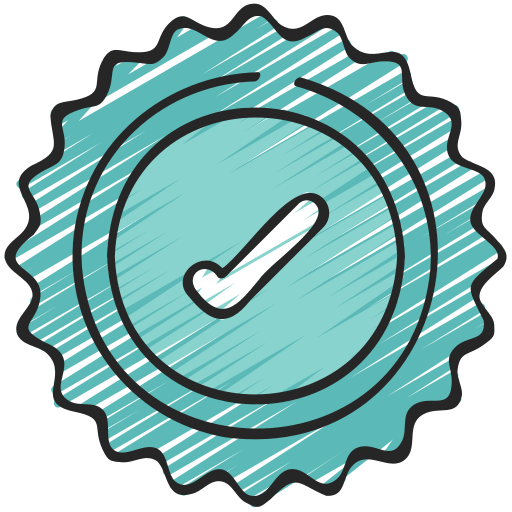


 Healthy Laddu
Healthy Laddu To Be Mom’s Care
To Be Mom’s Care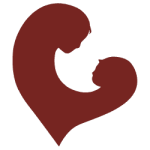 Postpartum Care
Postpartum Care Cookies
Cookies Baby Food
Baby Food Combo Packs – Postpartum Laddu’s
Combo Packs – Postpartum Laddu’s

